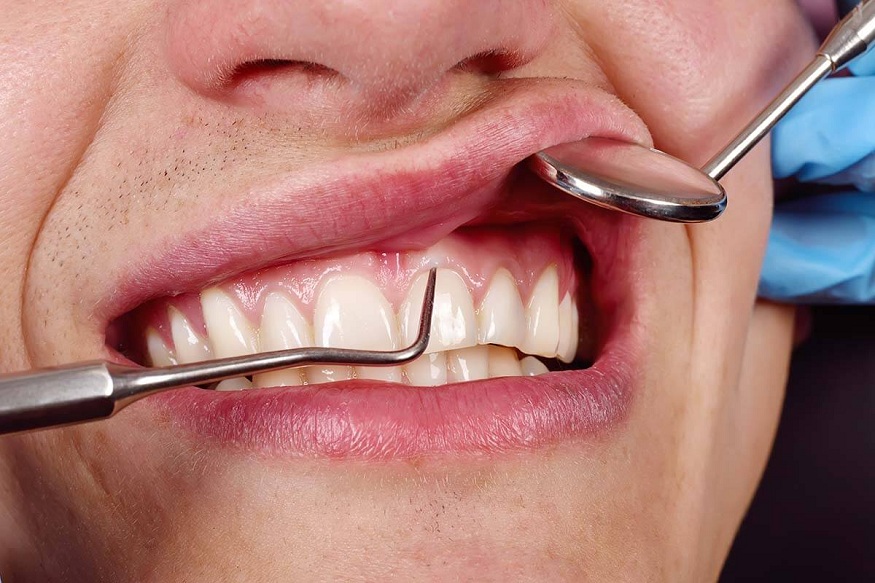Bad breath can be embarrassing and affect daily life. It’s often linked to gum health. Treating periodontal problems can help improve breath. Dr. Jeremy K. Ueno, an expert in dental care, often explains the connection between gum disease and halitosis. Understanding this link is key to finding effective solutions. There are many treatments available that target the root cause of bad breath. Addressing gum issues can lead to fresher breath and a healthier mouth.
Understanding Periodontal Disease
Periodontal disease is an infection of the gums. It can start with redness and swelling. This can progress to more severe problems like gum recession. Untreated, it can lead to tooth loss. The bacteria responsible for gum disease also produce foul odors. This is why treating gum disease can help with bad breath.
Common Treatments for Gum Disease
Several treatments can help manage gum disease:
- Deep Cleaning: Removes plaque and tartar below the gum line.
- Medications: Includes mouthwashes and antibiotics to reduce bacteria.
- Surgery: For advanced cases, surgery may be needed to restore gums.
Deep Cleaning and Its Role
Deep cleaning, also known as scaling and root planing, is a common treatment. It involves cleaning the gums and teeth down to the roots. This process helps eliminate the bacteria-causing odor. According to the CDC, maintaining regular dental visits for cleanings is crucial.
Medications to Combat Bad Breath
Medications can assist in managing gum disease. These treatments can include:
- Antiseptic mouthwash: Helps reduce bacteria.
- Antibiotic gels: Applied to gums to treat infection.
- Time-released antiseptic chips: Placed in pockets after deep cleaning.
These options can be effective in reducing bacteria and improving breath.
Surgical Options for Severe Cases
In some cases, surgery may be necessary. These procedures include flap surgery to remove tartar deposits in deep pockets or grafts to restore lost gum tissue. Surgery is often a last resort if non-invasive methods do not work.
Comparing Treatment Options
| Treatment | Procedure | Effectiveness for Bad Breath |
| Deep Cleaning | Scaling and root planing | High |
| Medications | Mouthwash, antibiotic gels | Moderate |
| Surgery | Flap surgery, grafts | High |
The Importance of Routine Care
Routine care is essential after treatment. Brushing and flossing help maintain healthy gums. Regular dental visits are crucial. The National Institute of Dental and Craniofacial Research emphasizes the importance of ongoing care to prevent disease return.
Conclusion
Treating periodontal disease is vital for fresh breath and oral health. Options like deep cleaning, medications, and surgery can be effective. Early intervention and regular maintenance play key roles in managing gum health. By understanding the treatments available, you can take steps toward better breath and a healthier smile.

